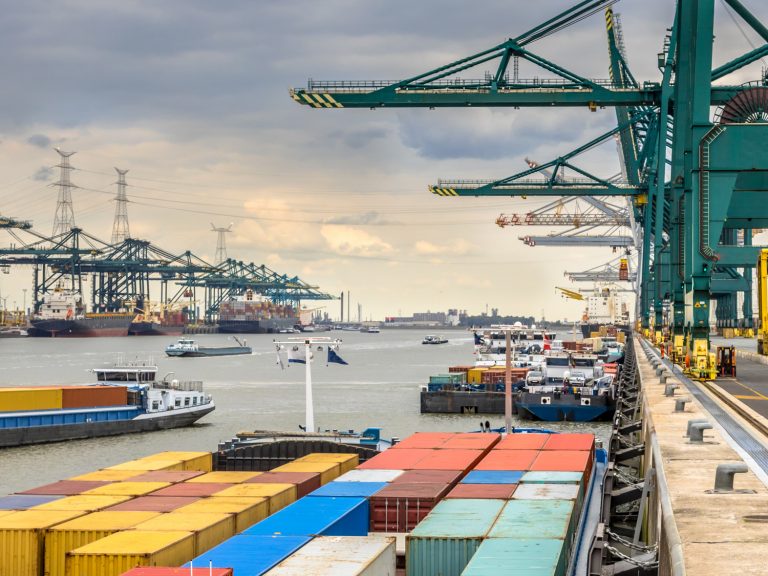
Date:
The EU’s Emissions Trading System will add another surcharge
The decarbonisation of global shipping is currently the subject of regulatory intervention: at the international level, with the International Maritime Organisation’s ( IMO’s) 2023 rules, designed to further reduce emissions from vessels; and at the regional level, with the EU’s Emissions Trading System (EU ETS), both of which will potentially add cost to container shipping.
This really is worth a read and ensuring that you are aware of the impact – financially and as an added layer of complexity to moving goods around the world. Since this article was published the introduction of the ETS for the maritime sector has been delayed until 2024 to give industry and the EU time to arrive at a solution.
Sustainability in any element of business has an on-cost, especially for the largest businesses. Protecting the environment doesn’t come free and those costs are typically passed on, from carriers to shippers to consumers. Longer term however it may actually reduce costs whilst having a positive impact on global warming as the technology develops and matures. Metro are huge advocates and always looking on how reductions in greenhouses gasses can be achieved through the supply chain.
But while the cost of compliance for supply chain participants may be noticeable in the short-term, they will become standardised and reduce over time.
More and more shippers want to track and reduce their emissions with service providers and are increasingly adding sustainability to their selection criteria for supply chain partners.
The demand for visibility in carbon emissions has never been higher, which is why we released our MVT ECO module earlier this year, that allows, and ensures that, our customers and shippers can monitor and offset the environmental impact of their global shipping.
The EU ETS sets a “cap” on the number of emissions that various industries may produce and requires companies to obtain allowances that equal their emissions above the cap at the end of the year. The price of such allowances may fluctuate depending on supply and demand factors.
The extension of the existing system to shipping would include all emissions from ships calling at EU ports for voyages within the EU (intra-EU) as well as 50% of the emissions from voyages starting or ending outside of the EU (extra-EU voyages), and all emissions that occur when ships are at berth in EU ports.
Ship operators would purchase and surrender ETS emission allowances, or EU Allowances (EUAs), for each ton of CO2 emissions reported under the scope of the system.
Shipping lines will seek to pass on the cost of compliance, as they have done with other forms of environmental regulatory costs in the past. This will depend on the price of the EUAs and on whether the shipping industry’s involvement is phased-in over several years, or required 100% from day one on the 1st January 2023, as is being discussed by the European Commission and parliament.
Maersk has outlined the costs that would be passed on to its customers and while other lines continue to “closely monitor the progress of the ETS discussions”, MSC has very kindly shared its indicative EU ETS compliance costs (see picture).
From the first quarter of 2023, Maersk would have implemented a standalone surcharge on the Asia-North Europe trade of €255 per reefer, while MSC envisaged a cost of €208 for a reefer.

For more information on the IMO 2023 and EU ETS programmes and to discuss their implications for your supply chain, please contact Andy Smith or Grant Liddell, for a collaborative approach to safeguarding your supply chain…and the environment. It’s rather important after all……and we are launching a number of initiatives including electric vehicles, more carbon efficient multimodal platforms and avoidance of traditional fossil fuel driven supply chains.
